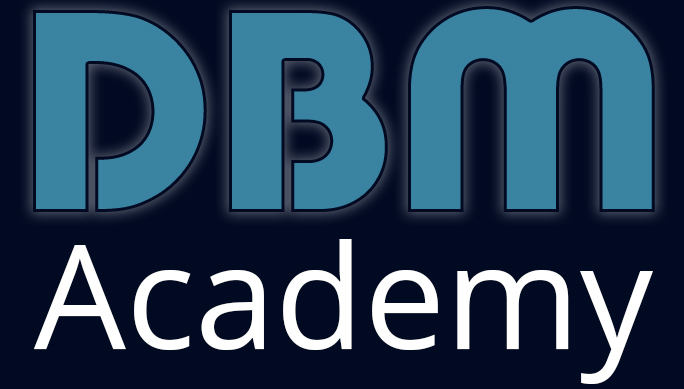REQUEST FOR NEW AI LEGISLATION TO PROTECT WORKER RIGHTS

The Trade Union Congress (TUC) has initiated a task force comprising experts in various fields such as law, technology, politics, human resources, and the voluntary sector. Their primary objective is to advocate for immediate legislative action aimed at safeguarding the rights of workers and ensuring that artificial intelligence (AI) benefits all members of the workforce.
The task force's primary focus is to address the existing gaps in UK labour laws by formulating new legal safeguards to ensure fair AI regulation in the workplace, benefiting both employees and employers.
This initiative comes in response to concerns from experts who assert that the United Kingdom is falling behind in adequately regulating AI, with current employment laws unable to keep up with the rapid advancements in technology. Consequently, employers are grappling with the challenge of ethically and effectively integrating new technologies into their operations.
The goal is to unveil a comprehensive AI and Employment Bill, expertly crafted, in early 2024 and subsequently advocate for its incorporation into UK legislation.
While several EU member states and other countries have already established specific regulations to govern AI in the workplace, the UK government currently adopts a "light touch" approach.
Under the leadership of the TUC, the task force will receive guidance from a special advisory committee that includes representatives from techUK, the Chartered Institute of Personnel and Development (CIPD), the University of Oxford, the British Computer Society, the CWU, the GMB, USDAW, Community, Prospect, and the Ada Lovelace Institute.
The task force emphasizes that AI is already being used to make significant decisions that impact workers' lives, including tasks such as supervision, recruitment, and termination of employees. Furthermore, AI is employed to analyse factors such as facial expressions, tone of voice, and accents to evaluate candidates' suitability for various positions.
Meanwhile, employers are acquiring and implementing AI systems without a complete understanding of their potential implications, including potential discriminatory outcomes.
Professor Gina Neff, Executive Director of the Minderoo Centre for Technology and Democracy at the University of Cambridge, said: “I am delighted to co-chair the Artificial Intelligence and Employment Bill Advisory Group. Responsible and trustworthy AI can power huge benefits. But laws must be fit for purpose and ensure that AI works for all.”
This is all well and good, but do you get a sense that this is an exercise in shutting the door after the horse has bolted? There will always be casualties with advances in technology. Think back to the likes of Blockbusters: think further back to the horse and cart. The wheels of progress and advancing technology and the benefits and cost savings thereof as well as the challenges, will undoubtedly continue.
DELRIENE SMITH
DBM FOUNDING COACH
